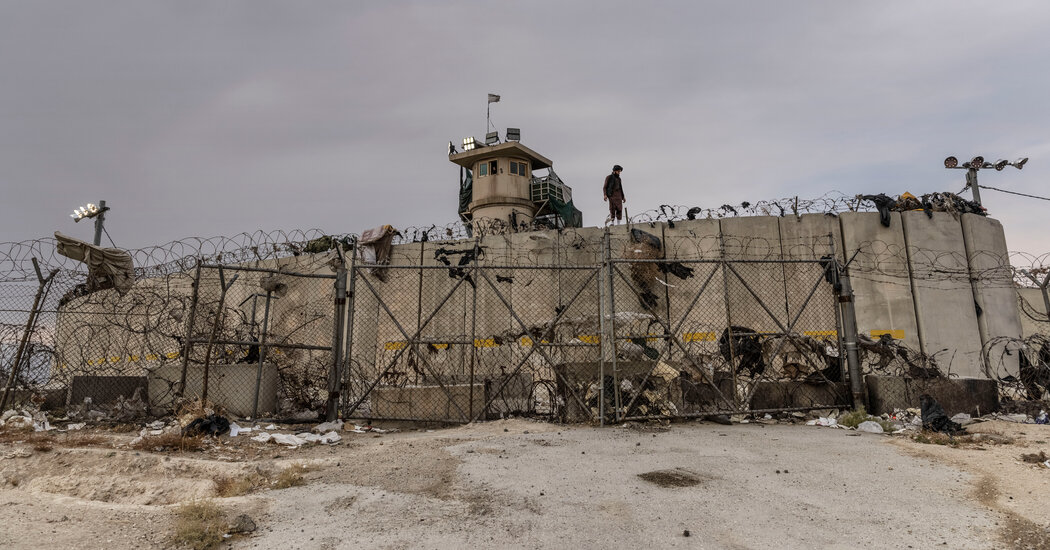
At one point, a military prosecutor suggested that Mr. Corsetti was lying to get even with the Army, which court-martialed and then acquitted him in 2006. “I love my country, sir,” Mr. Corsetti told a defense lawyer. “I would never do that.”
Mr. Darbi, who was held at Guantánamo Bay for 15 years, will not be available to testify at the trial. He has already pleaded guilty to terrorism charges in a military commission and was returned in 2018 to his native Saudi Arabia, where he is serving a 13-year prison sentence. So the F.B.I. agents who questioned him in 2002 would be called in his place.
Mr. Corsetti described what he did as role-playing in team-planned preparation of prisoners for interrogations, and said he was following military orders. He testified last week that he and another guard were so troubled by some planning for sleep deprivation that they questioned whether it was lawful — and were advised by their commanders that U.S. military lawyers had approved it.
The lead prosecutor, Mark A. Miller, a Justice Department lawyer assigned to the Cole case, said that what happened to Mr. Darbi was “unpleasant” and “shouldn’t have been done,” but that it did not meet a legal definition of torture.
What to Know: The U.S.S. Cole Bombing Case at Guantánamo Bay
The crime. Saudi national Abd al-Rahim al-Nashiri is accused of organizing the bombing of the U.S. Navy destroyer Cole by Al Qaeda on Oct. 12, 2000, in the port of Aden, Yemen, during a routine refueling stop. Seventeen American sailors were killed in the attack.
Moreover, he said, the F.B.I. agents who questioned Mr. Darbi at the Bagram detention facility continued to do so after the period of sleep deprivation had ended, and they described their conversations with the captive as consensual and even friendly. One agent treated the prisoner to Twinkies that an agent had received in a care package from home.
Even if the judge were to decide that Mr. Darbi was tortured, Mr. Miller said, the law governing military commissions prohibits only the use of evidence that was obtained using torture or cruel, inhuman or degrading treatment of a defendant, in this case Mr. Nashiri. Testimony about what a witness said under those circumstances can be admissible at a trial, he said.
Lt. Cmdr. Alaric A. Piette, Mr. Nashiri’s lawyer and a former member of the Navy SEALs, urged the judge to reject the testimony from the F.B.I. agents as “tainted by torture.”




